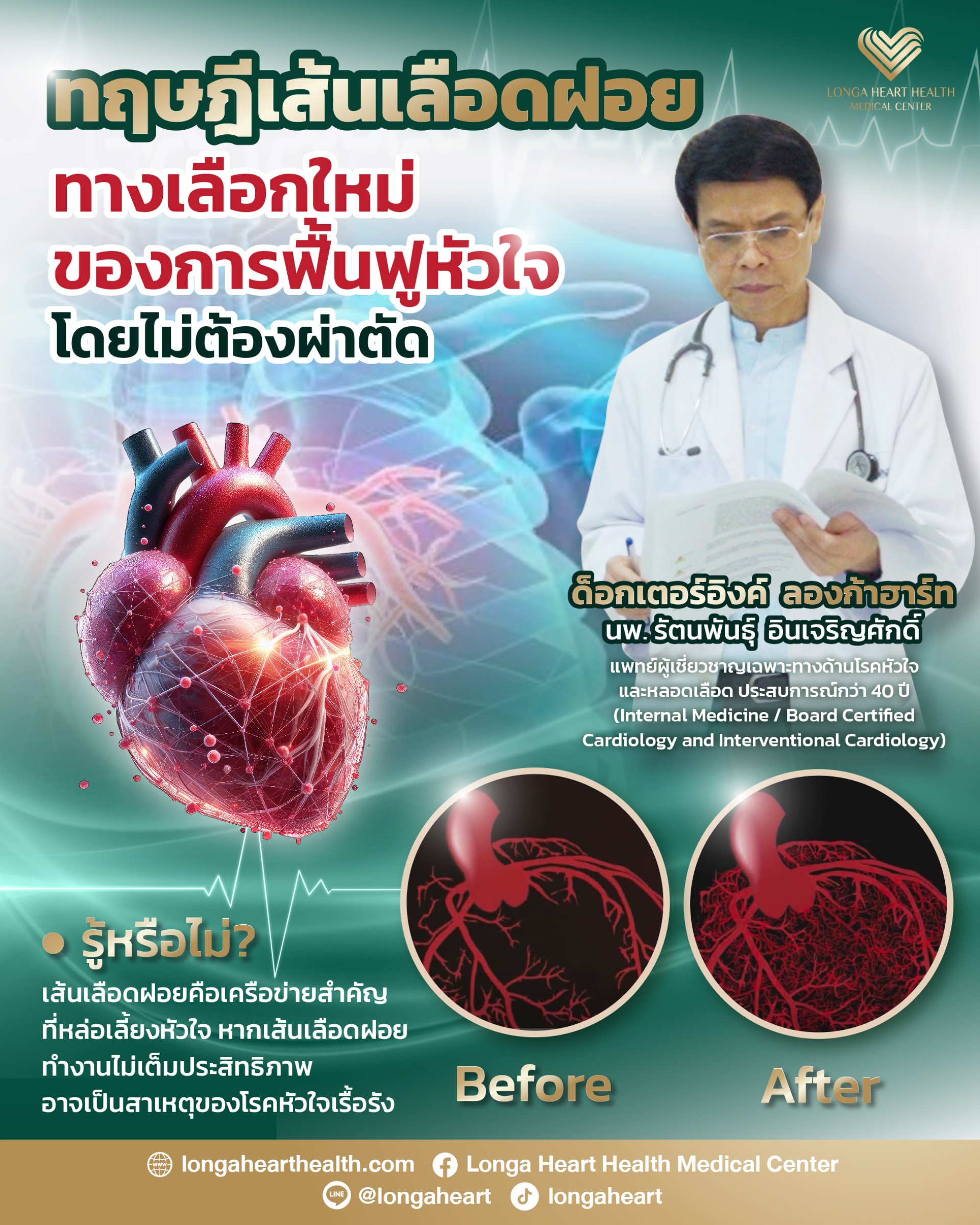Capillaries: Tiny Vessels That Keep You Alive

When we think about the circulatory system, we often picture the heart or large blood vessels. But one of the most important parts of the system is actually the smallest the capillaries. These tiny blood vessels play a huge role in keeping your body healthy, especially your heart.
What Are Capillaries?
Capillaries are the smallest blood vessels in your body. They connect arteries (which carry blood away from the heart) to veins (which bring blood back to the heart). Capillaries are so small that red blood cells have to pass through them one at a time. They're found everywhere in your body in muscles, organs, skin, and even your eyes.
Why Are Capillaries Important?
Capillaries are where the real "exchange" happens between your blood and your body's cells:
1. Deliver oxygen and nutrients to your tissues
2. Remove waste products like carbon dioxide
3. Help control body temperature
4. Support your immune system by letting white blood cells reach infected areas
Without healthy capillaries, your cells wouldn't get the oxygen and nutrients they need to survive.
What Happens If Capillaries Don't Work Properly?
Even though they're tiny, problems with capillaries can cause big health issues:
1. Lack of capillaries (a condition called "capillary rarefaction") can mean your tissues don't get enough blood and oxygen. This is linked to high blood pressure and heart disease.
2. Damaged or thickened capillaries can slow down the exchange of oxygen and waste. This can happen with diabetes and inflammation.
3. Leakage capillaries can cause swelling (edema) and poor circulation.
Capillaries and Heart Health
Your heart needs oxygen too and capillaries help deliver it to the heart muscle. If these tiny vessels aren't working well, your heart might not get enough oxygen. Over time, this can lead to chest pain, heart failure, or make existing heart problems worse.
Healthy capillaries help keep your heart strong. Here's how to protect them:
1. Keep your blood pressure and blood sugar under control
2. Eat a heart-healthy diet with vegetables, fruits, and healthy fats
3. Exercise regularly
4. Don't smoke, and try to manage stress
If you or someone you love has symptoms like chest pain, tiredness, cold hands and feet, or poor circulation it could be a sign of poor blood flow. At our clinic, our heart specialists are here to help you take care of your circulation, from your largest arteries to your smallest capillaries.
